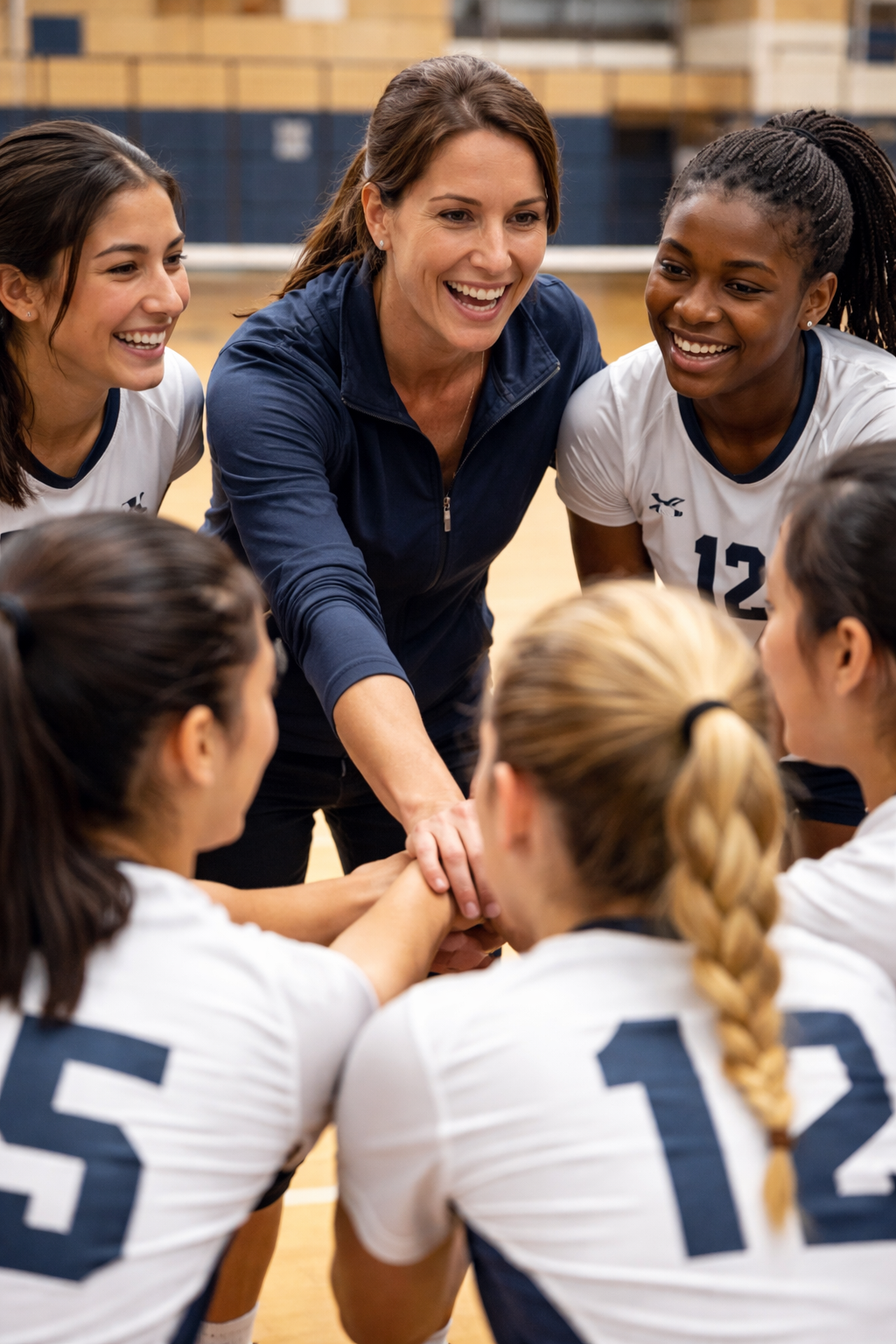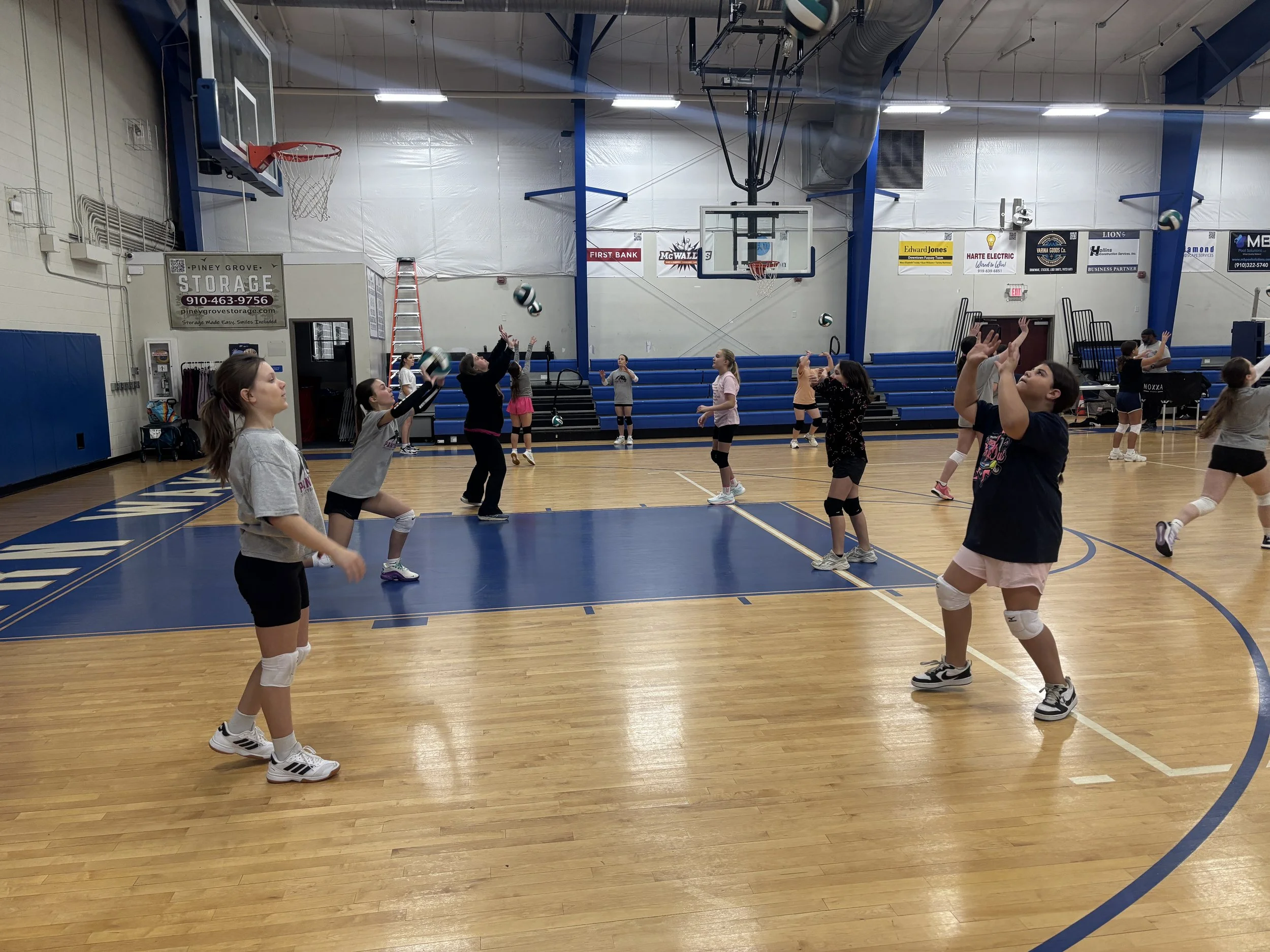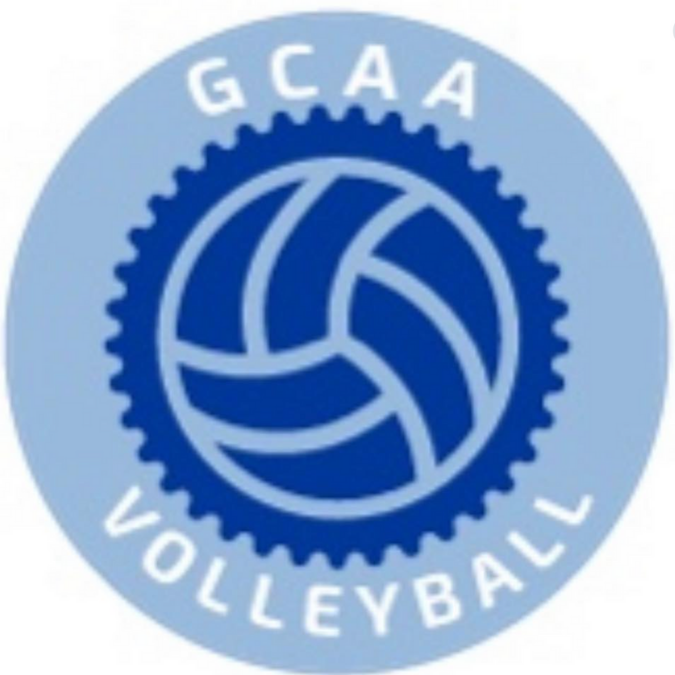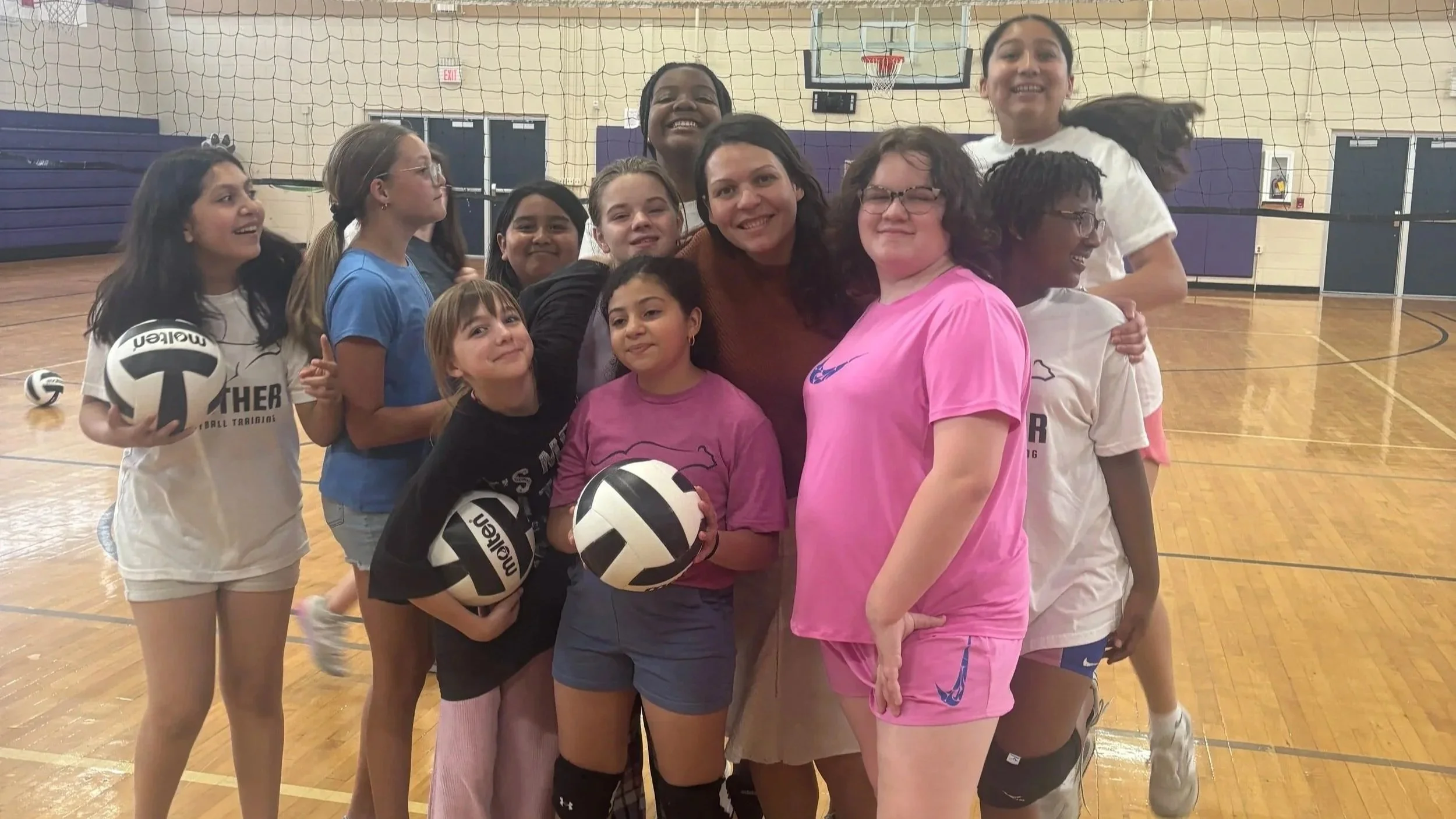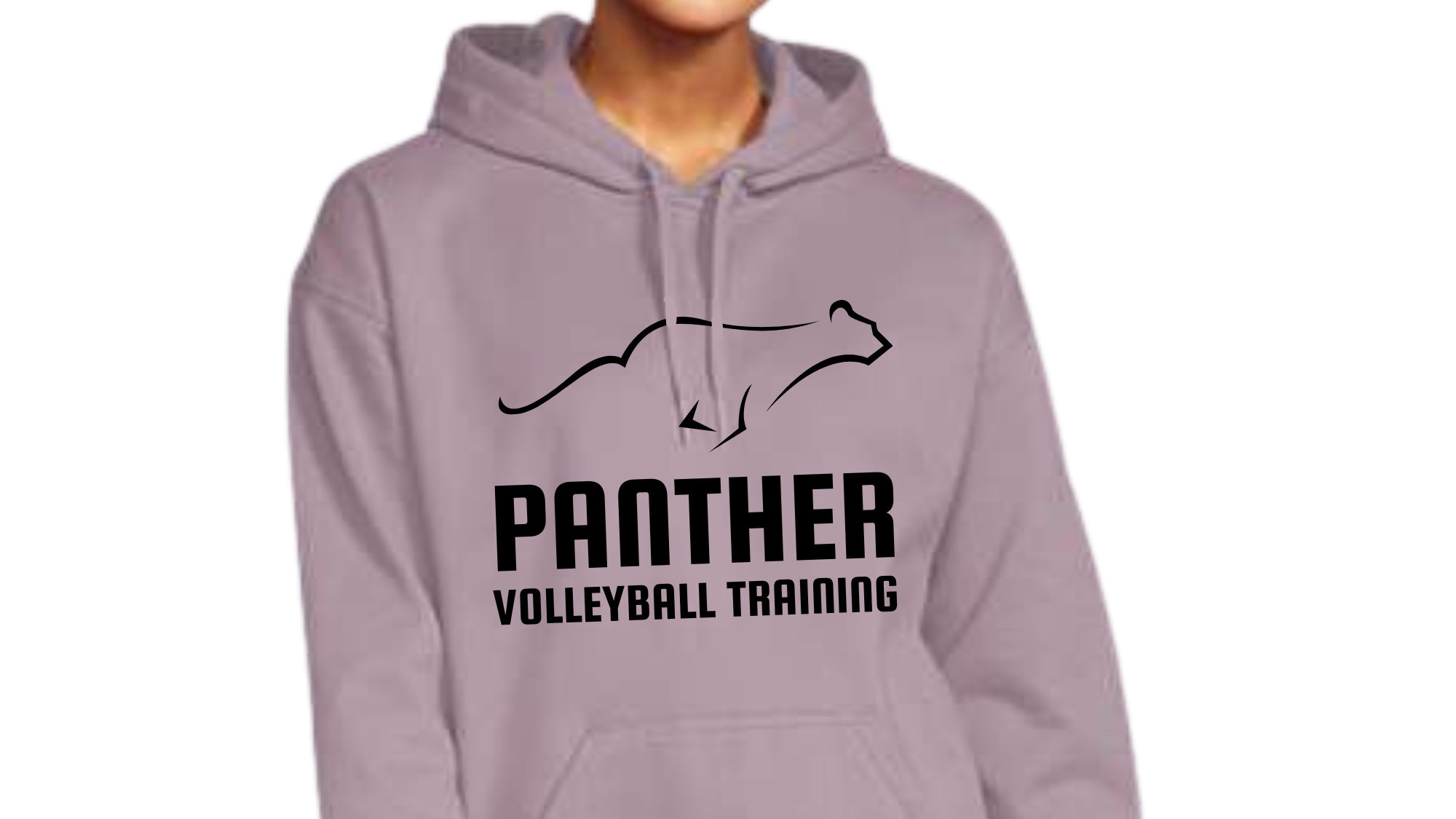Join the Summer Volleyball League as a Coach and Make a Difference
Panther Volleyball Training is now accepting coach applications for our Summer Volleyball League, open to players 11U-15U. Approved coaches receive a 50% refund on their child’s registration and help create a fun, organized, and positive league experience for young athletes.
Fuquay Rec Volleyball Registration Is Open for ALL! - Spring 2026
Spring volleyball is here! Register your child for Fuquay Rec Volleyball Spring 2026 before spots fill up. Learn dates, fees, and how Panther Volleyball Training sessions can help your athlete build confidence and skills for the season. Read More
NC State Wolfpack All Skills Volleyball Camp for Summer 2026
Train like a Wolfpack this summer! NC State All Skills Volleyball Camp, July 15–16 in Raleigh, teaches passing, setting, serving, and hitting for incoming 6th–12th graders. Register early: https://www.wolfpackvolleyballcamp.com/shop/EVENT
GCAA Volleyball Spring 2026 Registration Opens Feb 1!
GCAA Volleyball Spring 2026 registration opens Feb 1! Coach applications open Jan 15. Sign up your child or apply to coach for a fun, skill-building volleyball season. Register Here
Celebrating the First Year of Panther Volleyball Training!
As we welcome a new year, we are excited to reflect on an incredible inaugural season at Panther Volleyball Training and celebrate everything that has been accomplished along the way.

